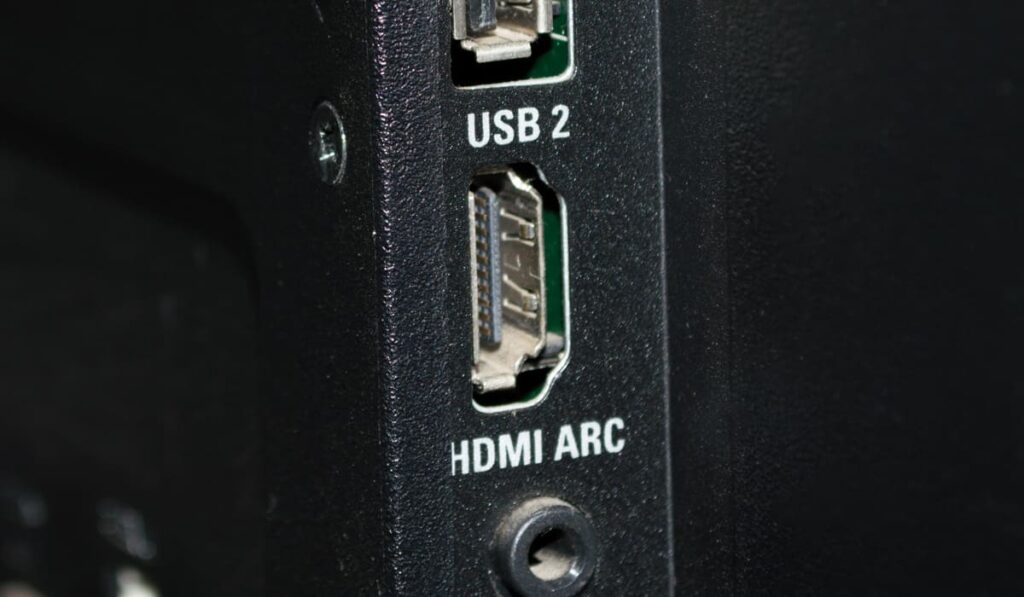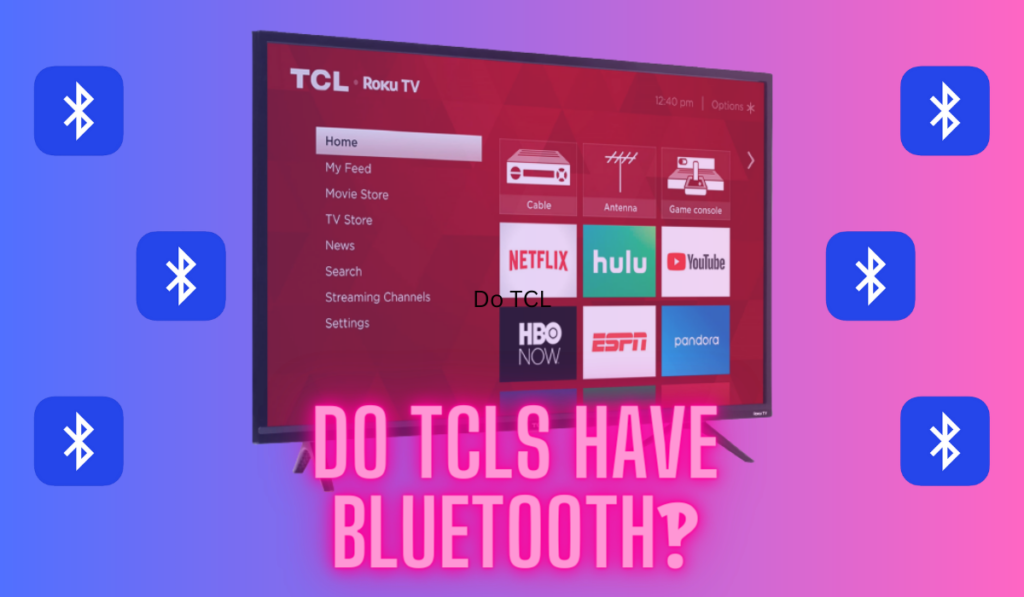Let’s talk about TVs. More importantly, let's talk about the best place to put your TV. While this might seem like an easy choice, there are some considerations to take into account. No matter what kind of TV you have, proper placement can make all the difference when it comes to enjoying your favorite shows and movies.
When it comes to TV placement, there are a few rules to follow. Make sure you have your distance, height, and location planned out. Avoid awkward locations that could cause eye and neck strain. Also, make sure a power source is nearby.
Since we can’t come into your home to find the best location, we’ll walk through some general tips. These will help you access your own space and your equipment to find the best place in the room. Read on to discover more about proper TV placement.
How to Pick a Spot for Your TV
There is a bit of science to finding the perfect location for your TV as we've discussed before in our guide on wall-mounted TVs. It's a bit interior design and a bit functional. If you just throw your TV in some random corner, it certainly won’t stop you from watching it, but it can mean you aren't getting the best viewing quality. While most people do just fine with this method, if you are looking to get the most out of your TV, there are some tips to follow.
Check the Height of your TV First

While there is no universal standard when it comes to proper TV height, there are some general rules to follow. Ideally, you don’t want to place your TV too high. If you have ever been in the front row of a movie theatre, you know how uncomfortable watching the screen can be. When your TV is too high, it's just like the theatre. You’ll need to keep your head in an uncomfortable position just to view the screen.
If you can, try and make sure your TV is at eye level when you sit down. You might even try to lower it just below this level. This is true if you are mounting or using a stand. Keep in mind, a little bit of elevation won’t kill you. If you are constricted by your space, it's not the end of the world if your TV is a bit high. It just means prolonged viewing could put a crick in your neck.
Make Sure You've Determined the Proper Distance for Your TV
It might seem too obvious to be in these tips, but distance matters. Ever tried to make out the little letters on a doctor’s eye chart? If your TV is too far away, it could be much like this. You’ll strain to make out words and faces. Another thing to consider is your TV’s resolution.
If you have a 4K TV like this one on Amazon, being too far away means you are wasting all that pixel space. You just can’t make out that kind of detail. Most TVs are around nine feet in distance from the viewer, however, this isn't ideal for a simple reason.
Because it can be a bit too far. While the old wisdom of not sitting too close to the TV still prevails in many ways, there are some benefits, including the fact that a close TV fills your field of view easier, and you'll be able to see far more resolution.
Placing the TV While Considering Your Surroundings
Now that you’ve got the perfect height and distance, what about location? This might be the most important part of the equation. In fact, the number one issue people have with their TVs is room lighting and glare. Almost every modern TV is going to have a shiny reflective screen. Any light that hits this screen will bounce off and mess up the image for the viewer.
This means lamps, overhead bulbs, and even the sun have an effect on your viewing experience. Check to see where the sun hits in your room. Take into account all the lighting you have that might be reflected off the screen. Sure, you can close blinds and turn off lights, but why not be proactive. Planning your TV placement can save you some significant headaches down the line.
One option is to purchase a swiveling wall mount. Products like the Mounting Dream Full Motion TV Mount (on Amazon) can move and tilt depending on the sun. This can be a great option if you are in a home with a lot of windows or if you are using your TV on a patio or other outdoor space.
Things to Avoid when Placing Your TV
Now that we know the best practices for TV placement, what should you avoid? If you are following the above rules, you should have too much to worry about. But there are a few things to know about when it comes to TVs. In addition to reading our guide on proper home theater dimensions, some of the things you should avoid for proper TV placement are:
- Too high — While it might not look perfect from a standing position, your TV shouldn’t be placed too high as this can cause neck strain.
- Distance — We already touched on this earlier, but if you are too far away from your TV, it can cause your eyes to strain. When this happens, it could lead to a nasty headache.
- Outside — If you want to place a TV outdoors, you need to find the appropriate outdoor TV. Placing a regular TV outside will spell disaster the next time you have a storm roll through.
- Above a fireplace — While it might look good, heat from your fireplace can cause some serious melting issues and damage electronics. This goes for tradition as well as electric fireplaces. Although, some electric fireplaces will vent away and be better suited for placement underneath a TV.
Another thing to consider is where you’ll be sitting. If you aren't directly in front of the screen, it could mean you’ll need to turn your head for viewing. While this is not a deal-breaker, it can mean some strain over time. This goes for other seating as well. For optimum comfort, you want to make sure all seating has a good vantage point.
Consider Cable Management of Your TV and Other Devices
Cables can be the bane of any entertainment center. They are necessary but can become a tangled, chaotic mess pretty easily. If you want to avoid this, a little planning goes a long way. One thing that you might not have thought of is power.
Your TV needs it to operate. Ensure you are placing your TV in a spot where you have easy access to an outlet or two. Depending on what kind of other electronics you might have, this could mean finding a space for a surge protector.
If you have an audio system, gaming devices, and other media players, you might benefit from an entertainment center. Fortunately, entertainment systems come in all shapes and sizes. Finding one to match your room decor and needs is easy.
Wrapping Up
Finding the best spot for your TV isn't too hard. While there are some general tips to get you the perfect location, you can avoid a lot of missteps with a little planning. Always make sure you have your TV at the right height and distance.
Too far away or too high, and you could have a less than enjoyable watching experience. You’ll also want to avoid placing your TV outside or above a fireplace. These environments can damage a TV quickly. Another thing to keep in mind is power. You’ll need ample outlet space to power all your devices.





